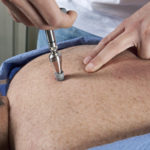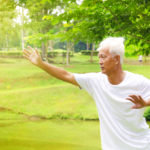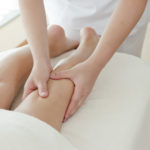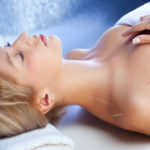Does Aromatherapy Work?
What’s the latest on aromatherapy? I recently heard that a new study showed that it doesn’t have any effect on health.
Andrew Weil, M.D. | August 7, 2008
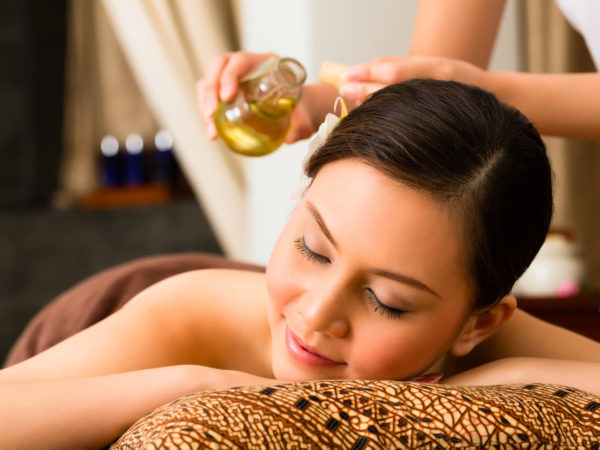
In April 2008, researchers at Ohio State University published a study that examined the effects of aromatherapy on immune responses, wound healing, and pain control and found no improvement among volunteers exposed to lemon and lavender scents. The study, sponsored by the National Center for Complementary and Alternative Medicine, included 56 healthy volunteer subjects, some of whom were proponents of aromatherapy and some of whom had no opinion about it. The investigators taped cotton balls moistened with lemon oil, lavender oil, or distilled water below the volunteers’ noses. Each of the volunteers took part in three half-day sessions during which they were exposed to both odors and the placebo. A standard test of wound healing speed was used: repeatedly applying and removing a piece of tape to a skin site. Reaction to pain was tested by immersing the volunteers’ feet in ice-cold water. Each volunteer also took three standard psychological tests that evaluated mood and stress three times during each session. Blood pressure and heart rate were monitored during all of the tests, and blood samples were collected from all of the volunteers.
Analysis of the blood samples showed that the scents had no effect on biochemical markers of immune and endocrine status, stress, pain control, and wound healing. However, lemon oil (but not lavender oil) improved mood.
Although this was one of the most comprehensive studies to date of aromatherapy’s effects on health, I doubt that it will be the last word on the subject. Indeed, despite the findings, one of the Ohio State researchers said that if these oils make an individual feel better, there’s no reliable way to disprove that they have a positive impact on that person’s health.
Researchers elsewhere have been looking into the effects of aromatherapy on sleep, pain, and anxiety, as well as trying to determine whether it can reduce the respiratory congestion of colds and flu, relieve constipation and post-operative nausea, and even help grow hair. There is already good evidence that certain scents can help induce relaxation and improve sleep.
Medical aromatherapy (as opposed to use of essential oils in spa treatments) is much more developed in France, Italy, and Japan than in the U.S. I believe that physicians and researchers here have only a primitive understanding of its potential to affect physiology and health.
If aromatherapy makes you feel better, by all means use it. But don’t buy into dubious claims that it can treat everything from acne to yeast infections. And make sure that your aromatherapist is qualified; in the United States, anyone can get a piece of paper attesting to “certification.” For information on aromatherapy certification courses approved by the National Association for Holistic Aromatherapy, visit: www.naha.org.
Aromatherapy is relatively safe, but improper use of essential oils can cause burns, allergic reactions, headaches and nausea, and some are toxic if ingested.
Andrew Weil, M.D.






